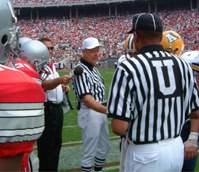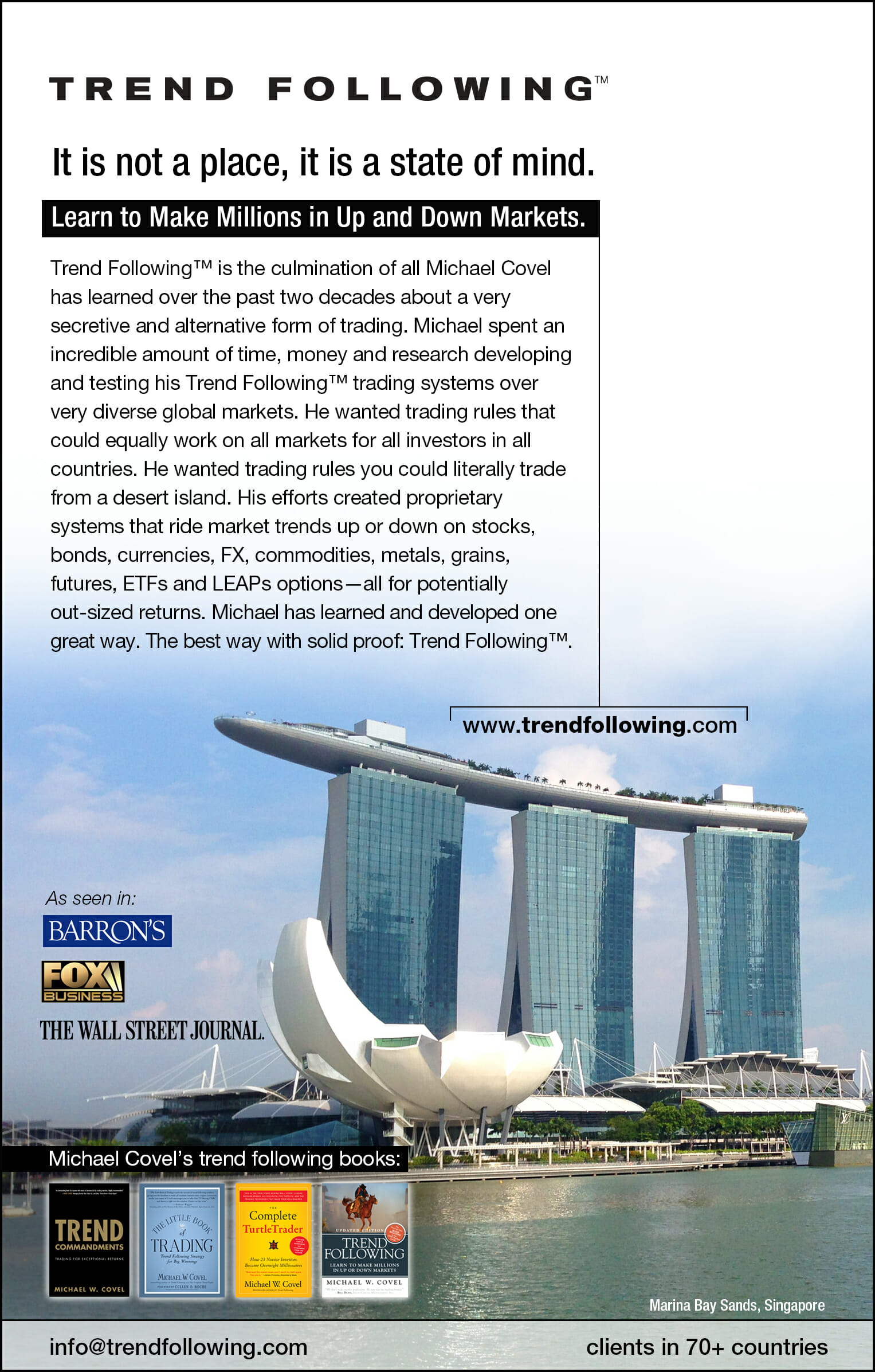
Everyone accepts the coin flip before a game, right? Can you accept it in trading though? Can you handle the randomness of everything around you? Or do you have to attempt to control a random world? Answering these questions is crucial to any trend following success.
However, randomness is a foreign concept to most. Consider the words of Larry Sanders — LSS Limited:
As humans we do not come equipped to deal with the variety of randomness that is around us every day. Many professions deal with making processes and things work reliably. We are taught to strive for perfection, for high scores in school and in sports. This can be a handicap to traders. There is no perfection in trading. Instead traders must put probability in their favor.
Put Sanders’ words into a straightforward example? You will never have certainty about the direction, frequency or magnitude of any trend — ever. You need to aim to maximize your profit and control your risk in the face of always partial knowledge. The words of George Boole, in “An Investigation of the Law of Thought” go more in depth:
Probability is expectation founded upon partial knowledge. A perfect acquaintance with all the circumstances affecting the occurrence of an event would change expectation into certainty, and leave neither room nor demand for a theory of probabilities.
Many people still feel uneasy with the partial knowledge concept. They yearn for a black and white world, but miss the point that estimating shades of gray is the game Bill Dunn plays. John Tukey makes you think:
An approximate answer to the right question is worth far more than a precise answer to the wrong one.
Mark Douglas frames the issue nicely for all systems traders:
There is a random distribution between wins and losses for any given set of variables that defines an edge. In other words, based on the past performance of your edge, you may know that out of the next 20 trades, 12 will be winners and 8 will be losers. What you don’t know is the sequence of wins and losses or how much money the market is going to make available on the winning trades. This truth makes trading a probability or numbers game. When you really believe that trading is simply a probability game, concepts like “right” and “wrong” or “win” and “lose” no longer have the same significance. As a result, your expectations will be in harmony with the possibilities.
Gain the edge. That’s the trend following goal.
Trend Following Products
Review trend following systems and training:

More info here.
